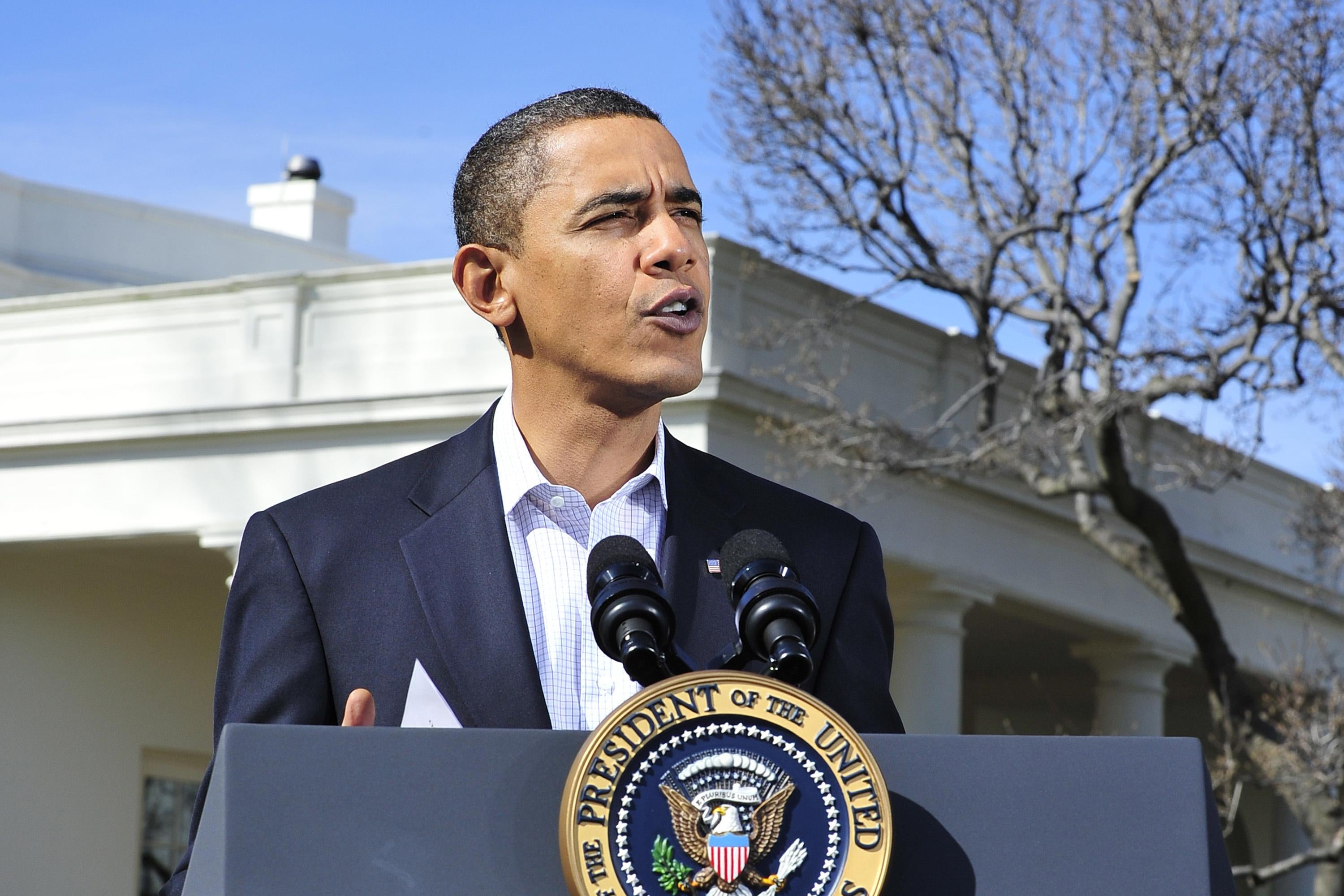The hunt for Justice John Paul Stevens’ replacement has become singularly focused on personality type. Instead of searching for the most brilliant jurist in the country, we have all become obsessively focused on which candidate is most likely to influence the rest of the court. We talk about each prospective nominee as though we were adding a new castaway to Gilligan’s Island.
And, so goes the narrative, President Obama is searching for a Mary Ann as opposed to a Ginger. He evidently wants a nice girl who gets along well with others. He’s not interested, as the Los Angeles Times reported, in picking someone who writes passionate dissents. Obama—who could announce his pick as soon as this week, and the heavy betting is on Solicitor General Elena Kagan—is looking for a diplomat who will forge consensus, build bridges, and bring together a polarized court. (The president, we hear, is also seeking a Gilligan: a man of the people with some distance from Ivy League colleges and the sealed-off bubble of Washington insiders. Also, in blasting the Roberts Court ruling on corporations and election finance, Obama has made it clear that the island doesn’t need Mr. and Mrs. Howell. Out-of-touch millionaires need not apply.)
So what’s wrong with efforts to pick a Supreme Court justice based largely on his or her ability to influence others? In one sense it certainly fits Obama’s own leadership style, privileging moderation over rigid ideology and consensus-building over results. But trying to anticipate all the ways in which Stevens’ replacement might interact with future colleagues strikes me as the one thing that’s even more difficult to predict than future judicial ideology. One can at least get a sense of the latter from reading past judicial opinions and scholarship. Predicting how one individual might interact with eight others sounds more like a lab experiment in social-identity theory.
So, for instance, just because Kagan hired several conservative scholars when she was dean at Harvard Law School doesn’t mean she’ll have some kind of stunning intellectual influence over the Roberts Court’s conservatives. And just because shortlister Diane Wood has sometimes been able to sway her brilliant conservative colleagues on the court of appeals doesn’t mean she’ll be able to do the same at the high court. While it’s true that Stevens could sometimes influence the court’s swing justice, Anthony Kennedy, it simply doesn’t stand to reason that a Chicagoan, a combat veteran, or someone with a taste for bow ties can exert similar influence in the future. Strategies that made Justice Sonia Sotomayor highly effective at the 2nd Circuit court of appeals may not be having much effect on the Roberts Court. And tactics that make Merrick Garland so beloved on the D.C. Circuit Court of Appeals might not fly at the Supreme Court.
There’s a second problem with these efforts at social engineering at SCOTUS: As Seth Stern pointed out a few weeks ago in Slate, the kinds of interpersonal and diplomatic skills that made William Brennan so effective in the 1960s and ‘70s would be completely wasted today at the Roberts Court. Why? As Stern put it: “What Brennan had that any Obama pick will lack is a group of colleagues in the middle open to that sort of compromise. … The number of possible swing votes dwindled to one, Justice Anthony Kennedy, after the retirement of Sandra Day O’Connor.”
If it’s true that only Justice Kennedy is in play, and then only some of the time, the real social-engineering question for Obama becomes so specific as to be almost absurd: Which of his shortlisters might be most likely to win over a Kennedy in a close case? But if the entire calculus of this Supreme Court nomination is to be reduced to a single question, let’s at least agree that attempts to find the likeliest constitutional sherpa for the court’s last swing voter should not be that question. Who knows what type of person might sway Justice Kennedy? William Shakespeare? His wife? Possessing the power to persuade a very complicated 74-year-old man is not the stuff of which epic constitutional careers are made.
And finally, but perhaps most critically, reducing the search for a Stevens replacement to a quest for the most able logroller on the left does nothing to dispel the widespread public perception that conservative judges closely read the Constitution and apply the law, while liberals stick a finger in the wind and then work the room. The selection of a new Supreme Court candidate should be an opportunity for the president to answer that claim with a crystal-clear message about the nature of liberal jurisprudence. “We think she might be able to flip Kennedy,” is neither a powerful nor inspiring judicial vision. The selection of a new Supreme Court justice is too important to reduce to politics, and the debate over judicial ideology has to be about more than just winning.
Perhaps President Obama shouldn’t be so quick to denigrate a nominee whose greatest impact on the court will be writing passionate dissents. Once upon a time that passionate dissenter was Justice Antonin Scalia. And if the sometimes-prickly justice has proved anything in recent years, it’s that decades of bitter and brilliant dissenting opinions can be more influential over the long haul than all the negotiation skills in the world.
A version of this article also appears in Newsweek.
Like Slate on Facebook. Follow us on Twitter.
